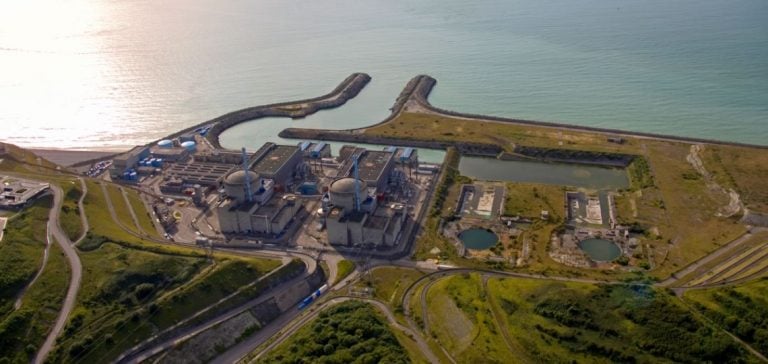French Minister of Ecological Transition, Agnès Pannier-Runacher, and Dutch Minister for Climate Policy and Green Growth, Sophie Hermans, have officially signed a bilateral cooperation agreement in the field of nuclear energy. This political commitment marks a significant step in the relaunch of nuclear power in France and the Netherlands.
According to the text reviewed by AFP, both ministers expressed their intention to establish strategic cooperation covering various aspects of nuclear energy. This partnership aims to deepen energy collaboration between the two nations, following an initial agreement signed on April 12, 2023.
Agnès Pannier-Runacher’s office clarified that this agreement, signed on the sidelines of the EU Environment Council in Luxembourg, is not legally binding. Rather, it is a political commitment to work together on all areas related to nuclear energy.
Extensive Cooperation in Nuclear Energy
“We share the conviction that this energy is essential to strengthen our energy security and reduce our carbon emissions to achieve carbon neutrality by 2050,” stated Ms. Pannier-Runacher on X. This declaration highlights the importance of nuclear energy in both countries’ decarbonization strategies.
The office further detailed that the cooperation will cover safety agencies, research and development, nuclear waste management, the decommissioning of old plants, nuclear fuel supply, as well as training and the development of human resources. “We will need to train a large number of experts, technicians, and engineers to build these new reactors not only in France and the Netherlands but in Europe as a whole,” it added.
Impact on the European Nuclear Sector
This agreement aims to strengthen the European nuclear alliance, an initiative driven by Agnès Pannier-Runacher during her tenure as Minister of Energy Transition. France, which has 56 nuclear reactors for a population of 68 million inhabitants, positions itself as the European leader in the relaunch of nuclear energy.
EDF, the French national electricity company, is set to build up to 14 EPR2 reactors in France and is exploring the possibility of constructing new ones in several European countries. A feasibility study has already been conducted in the Netherlands, demonstrating both countries’ commitment to developing their nuclear capabilities.
The European nuclear group, consisting of 12 countries, plans to meet soon to discuss the next steps of this cooperation. “Such texts will create working relationships between the two countries,” the office explained, emphasizing that this agreement is not commercial in nature but aims to establish solid and lasting collaboration.






















